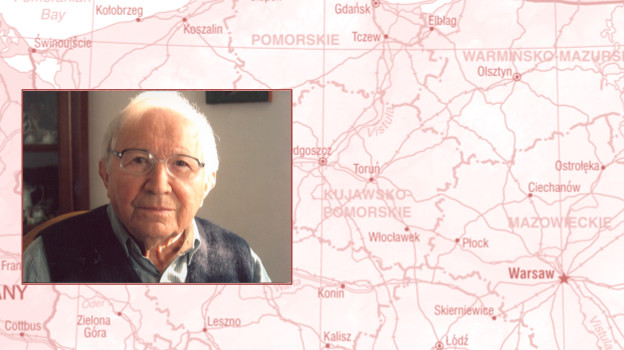On Różewicz and Wojciech Bonowicz

Like many a poet of his generation, Bonowicz has read Tadeusz Różewicz as both an apprentice and an interlocutor. After all it was the old master who, having cleansed his verse of what he deemed superfluous ornamentation, demonstrated that it was possible to write poetry after Auschwitz. In doing so, Różewicz aimed to make sense of our postapocalyptic existence by questioning the basic principles of human nature and language’s role as our would-be ally in the process of acquiring meaning. Having reached the end of the road — words have been used up, he reminded us time and again — he pulled no punches, becoming, especially towards the end of his life, one of the most vocal commentators of current events in Poland and abroad.
For his part, Bonowicz, who was born and raised in the shadow of the death camp, seems to have internalized that aspect of Różewicz’s work in particular, for while his poems embody an individual lyric experience, their formal asceticism belies their extensive thematic and rhetorical reach. The fact that Bonowicz’s poems, like the best poems by Różewicz, are not discursive but rather employ a mixture of suggestiveness and lapidary gestures, doesn’t mean they lack a narrative or purpose. As a spiritual poet, who also questions poetry’s utility in the age of mass culture, Bonowicz resurrects the idea of conscience as the heartbeat of a poem. Whether interrogating his beliefs or illuminating the shortcomings and joys shared by all of us, Bonowicz writes the type of a poem that carries within it a salutary aim. His poems may be spare, enigmatic even, but somehow they speak loud and clear.
Edited byMarit MacArthur Kacper Bartczak